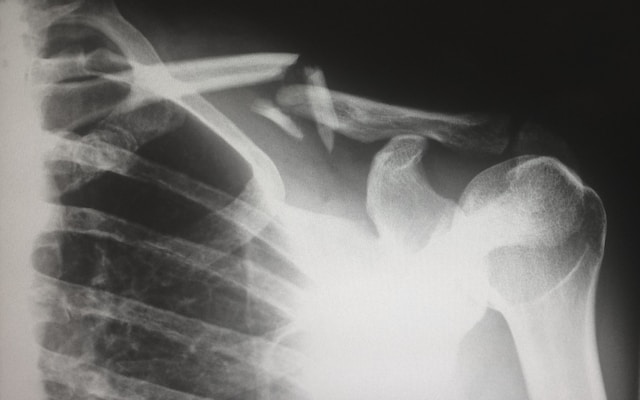The Federal Employers’ Liability Act (FELA) holds railroads responsible for work-related injuries that result from the railroad’s negligence. The Supreme Court of the United States ruled today that an injured railroad worker can bring a suit against a railroad and win, even if the railroad was an indirect cause of the injury, or one of several causes. If the railroad played a part, “no matter how small,” in bringing about the injury, the railroad is liable for damages. The ruling affirmed a jury’s decision to award an injured railroad worker $184,250.
The case began when railroad engineer, Robert McBride, filed suit against CSX Transportation. McBride alleged that CSX required him to use unsafe switching equipment and failed to train him to use the equipment. As a result, McBride’s hand was injured. McBride underwent two surgeries and extensive physical therapy. CSX unsuccessfully argued McBride’s hand injury was not a natural or foreseeable result of the railroad’s actions so it should not be held responsible. The Supreme Court upheld a jury verdict and a lower appellate court who both found in favor of the injured railroad worker.
Today’s ruling was a victory for railroad workers. The purpose of FELA was to reverse harsh and technical rules that made recovery difficult for railroad workers who are hurt as a result of their employer’s negligence. If a railroad’s negligence played a part, “no matter how small,” in bringing about a railroad worker’s injury, the railroad must compensate that worker.





